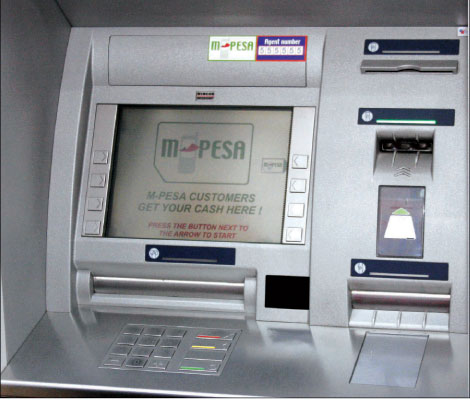×
The Standard e-Paper
Home To Bold Columnists
 |
| Automated Teller Machine. Commercial banks are reluctant to use social media as an alternative platform for communication with their customers. |
By JAMES ANYANZWA
NAIROBI, KENYA: Commercial banks are reluctant to use social media as an alternative platform for communication with their customers even as it emerged that a large portion of the population operates Facebook, Twitter, WhatsApp and Google+ accounts.